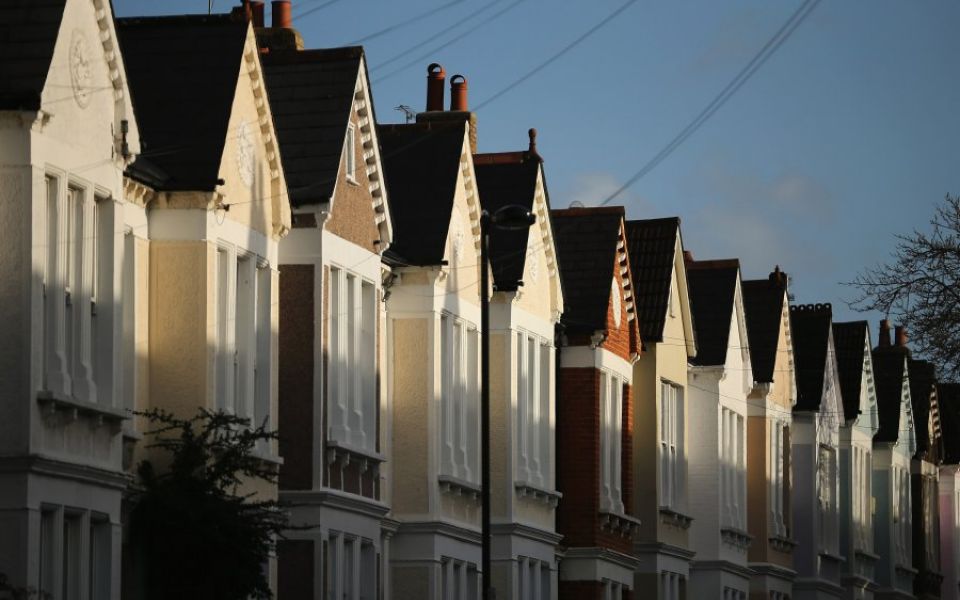Mortgage approvals drop as housing activity slump shows little sign of picking up

Mortgage lending dipped in July, despite an uptick in homeowners seeking cheaper interest rates ahead of the Bank of England rate rise earlier this month.
Approvals for mortgages fell 4.3 per cent year-on-year in July, having risen to a nine-month high in June, in a fresh sign that housing activity in the UK's property market is slowing.
According to today’s UK Finance data 39,584 mortgages were approved in July, despite City estimates that approvals would hit 40,700.
The news comes several weeks after the long-awaited interest rate rise from the Bank of England, which pushed rates up to 0.75 per cent from 0.5 per cent, making the cost of borrowing more expensive.
Howard Archer, chief economic advisor to the EY ITEM Club, said: "July’s renewed dip in mortgage approvals reinforces our belief that the housing market is struggling to gain traction in the face of still limited consumer purchasing power, fragile consumer confidence and wariness over higher interest rates.
"Indeed, latest survey evidence on the housing market still looks weak. In particular, the Royal Institution of Chartered Surveyors’ (RICS) influential survey for July reported a broadly stable picture with a generally subdued tone. New buyer enquiries, properties coming on to the market and newly agreed sales were all essentially flat."
Jeremy Leaf, north London estate agent and former RICS residential chairman, said: "The rise in remortgaging demonstrates again homeowners trying to avoid interest rate rises but also shows a home mover market falling back at a time when we might have expected more activity. Clearly, stamp duty exemptions and help to buy are not sufficient even for first-time buyers to make a move and take advantage of buy-to-let investors suffering from tax and regulatory changes."
Leaf added: "On a slightly more positive note, we are not anticipating any great correction in the market but more of a continuance of up one month, down the next, in a broadly flat trend."